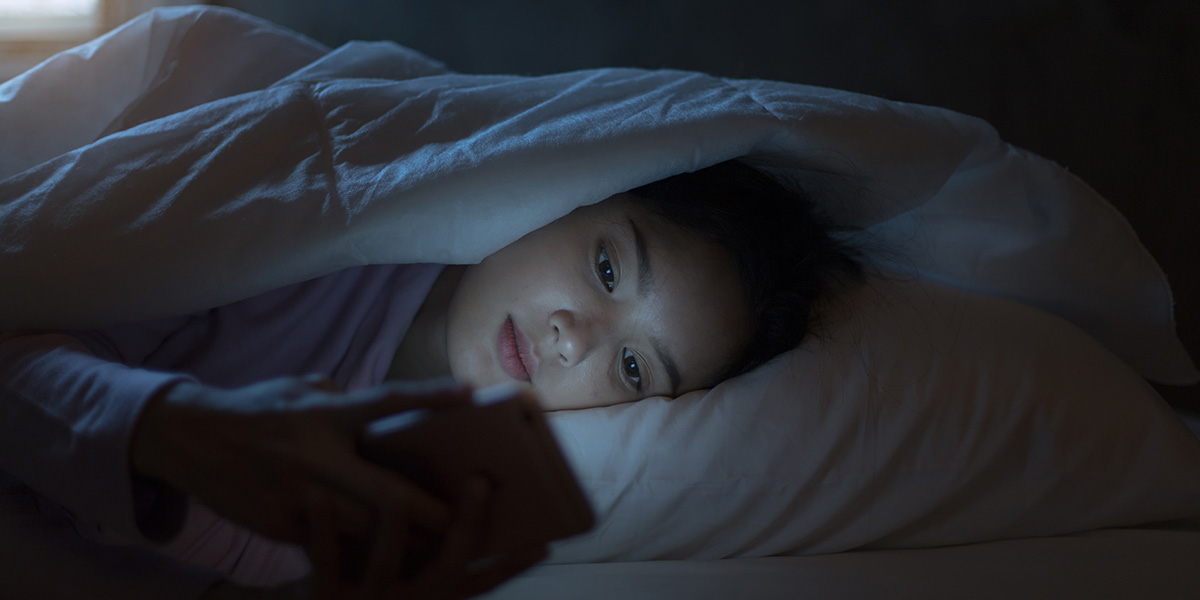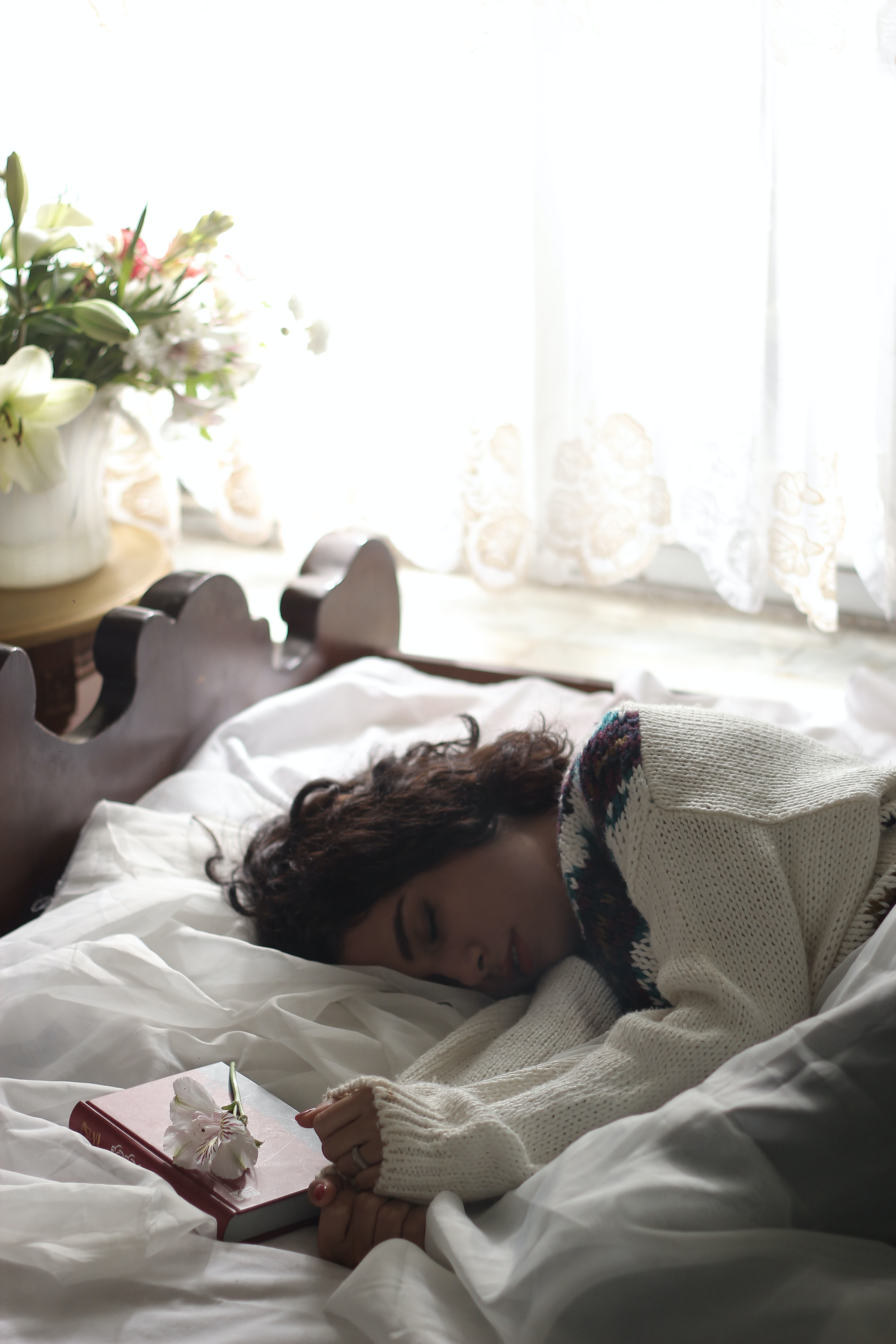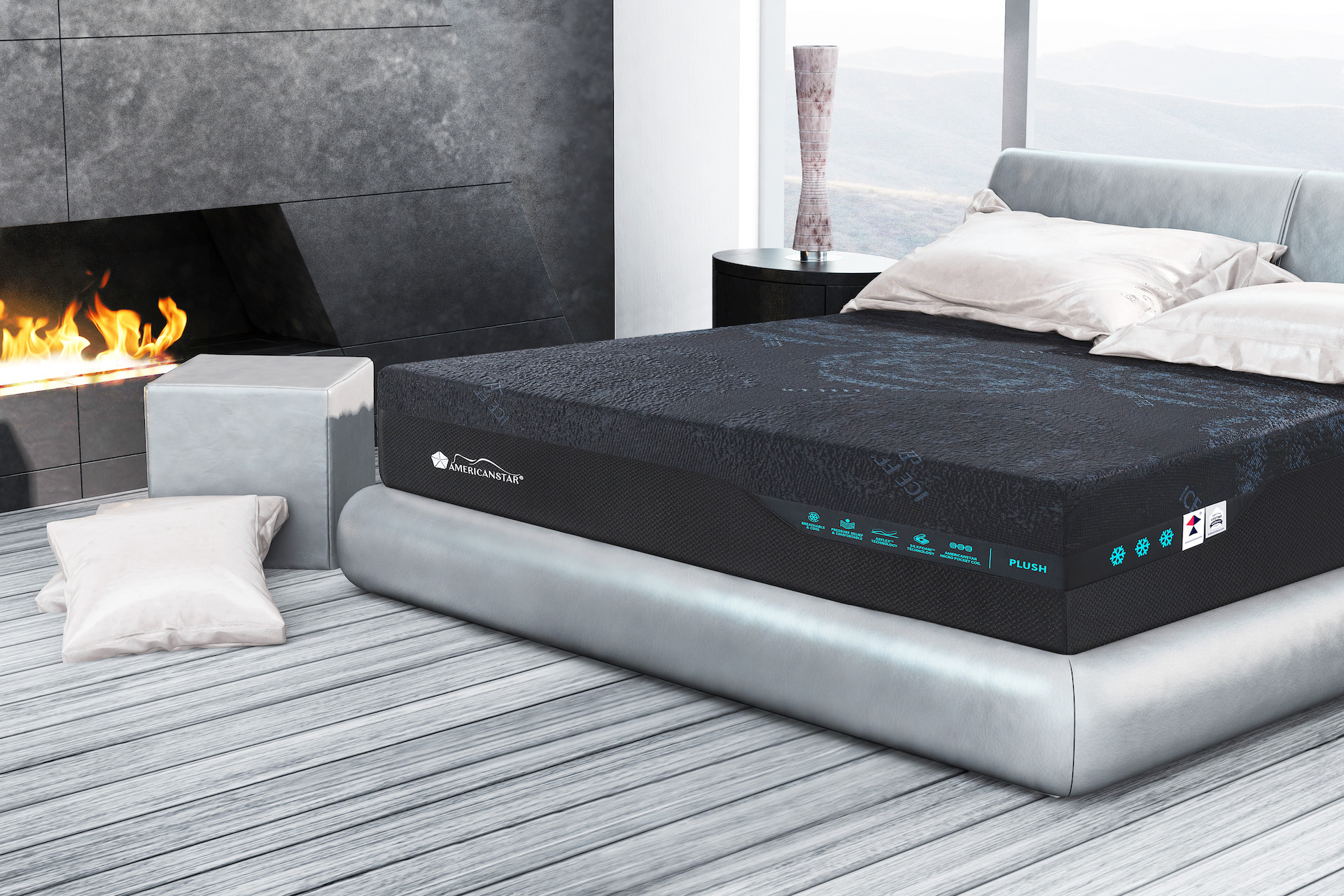Top ten tips for a good night’s sleep
Good sleep is the foundation for a happier mindset and good health. But when was the last time you awoke feeling energized, alert, and ready to face the day? Or did you fall asleep quickly and without effort? To assist, we have compiled a list of the top ten tips for a good night sleep.
1. Maintain a consistent sleeping pattern
Try to go to bed each night at the same time and get up at the same time every morning. Changes will not result in better sleep right away. However, if good sleeping habits are maintained, sleep will undoubtedly improve. Pick a time that works for you, then stick to it.
2. Spend the appropriate time in bed
An adult needs 7 - 8 hours of sleep every night on average. Some require more, while others require less. Many poor sleepers spend over 8 hours in bed, resulting in fragmented sleep. If you need a lot of sleep:
- Keep your bedtime to only 8.5 hours.
- Go to bed later if you frequently take hours to fall asleep.
- Remember that children need more sleep than adults.
3. Bed is to sleep, not to entertain
Handheld electronic devices (for example, smartphones) and other distractions can disrupt your sleep. Furthermore, this device emits blue light, inhibiting the sleep hormone melatonin. Limit your exposure to bright light at least 30 minutes before bed.

It is preferable not to sleep with your TV, or other electronic devices turned on. Your mind must train to understand that you are there to sleep if you are in bed. If you are wide awake, don’t stay in bed.
4. Before going to bed, unwind and relax
Make a buffer zone before going to bed. Before going to bed, resolve any issues. This could imply scheduling a ‘worry time’ during the day. Use this time to review the day’s events and devise a plan of action for the next day. Try not to use your computer or other electronic screens within one hour of going to bed. Exercise is fine, but not too late at night. Find a relaxation exercise that works for you and use it regularly during your wind-down period.
5. Avoiding alcohol, caffeine, and cigarettes
Most people know that evening caffeine can keep you awake at night. But many people are uninformed about how long caffeine remains in the body. Caffeine has a half-life of three to seven hours. If you have a cup of coffee at 10 a.m., you may still have caffeine in your body by bedtime. Caffeine (tea, coffee, and cola drinks) and nicotine in cigarettes are stimulants that can cause you to wake. Alcohol contains caffeine, which is a stimulant. It makes you sleepy, but it is a stimulant that disrupts your sleep at night. Besides, avoid anything acidic (such as citrus fruits and juices) or spicy that can cause heartburn.
6. Avoid napping during the day
Sleeping during the day makes sleeping well at night much more difficult. If a short 10- to 15-minute nap is required, such as after a late night, keep it to about twenty minutes. Before returning to bed, ensure you’ve been awake for at least 4 hours. Allow yourself a minute to fall asleep in front of the television.
7. Do not keep an eye on the time

Watching the time on a clock only increases your anxiety about not being able to sleep. Remove the clock from your bedroom. Turn the clock so you can’t see the time if you need it for an alarm. Refrain from checking the time on your various electronic devices. Ideally, these should be charged outside of the bedroom overnight.
8. Create a relaxing atmosphere
You can keep your room cool, dark, and quiet with comfortable bedding and reasonable temperature control. Light exposure in the evenings may make falling asleep more difficult. Avoid using light-emitting screens for an extended period right before going to bed. Consider using room-darkening shades, earplugs, fans, or other devices to create a comfortable environment. Calming activities before bedtime, such as relaxation techniques or baths, may help you sleep better.
9. Except under exceptional circumstances, avoid sleeping pills
They do not address the underlying cause of your sleeping disorder.
10. You may require professional help
If you are still having persistent mood problems or difficulty sleeping, excessive daytime sleepiness, severe snoring, restlessness in bed, or waking up unrefreshed despite what should be adequate sleep, see your doctor.
Wrap up
Unhealthy daytime lifestyle and habits choices can cause insomnia and harm your mood, brain and heart health, immune system, creativity, vitality, and weight. However, by experimenting with the above tips for a good night sleep, you can get better sleep, improve your health, and improve your thoughts and feelings during the day.








